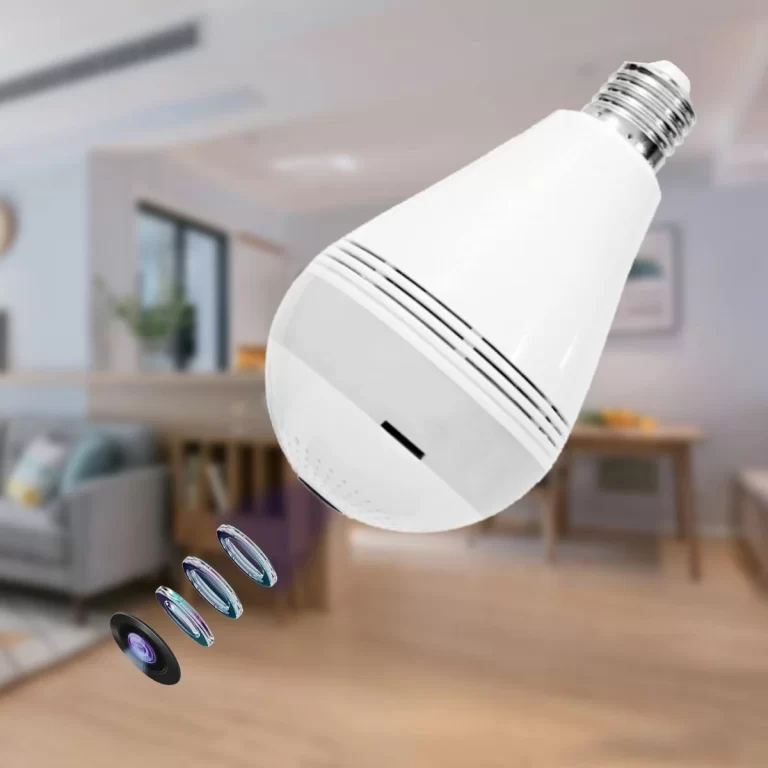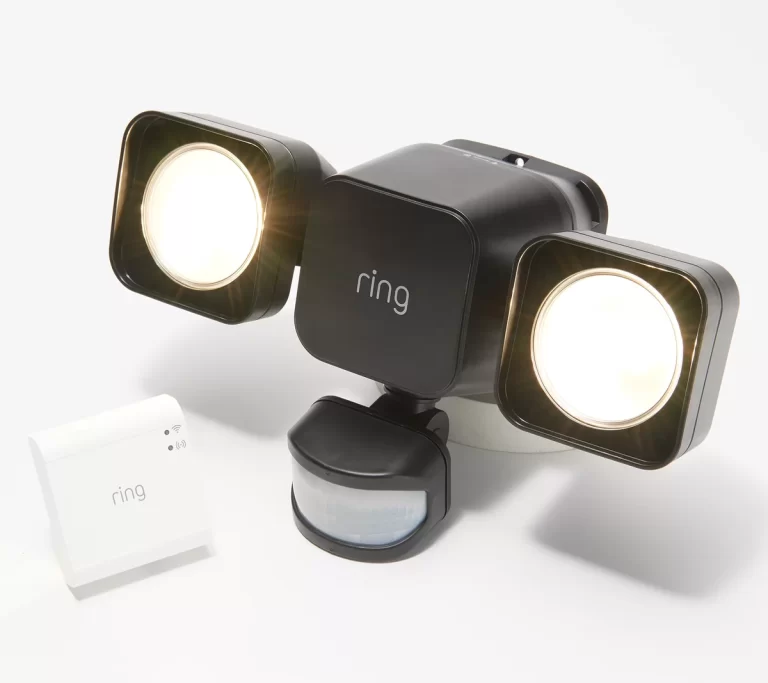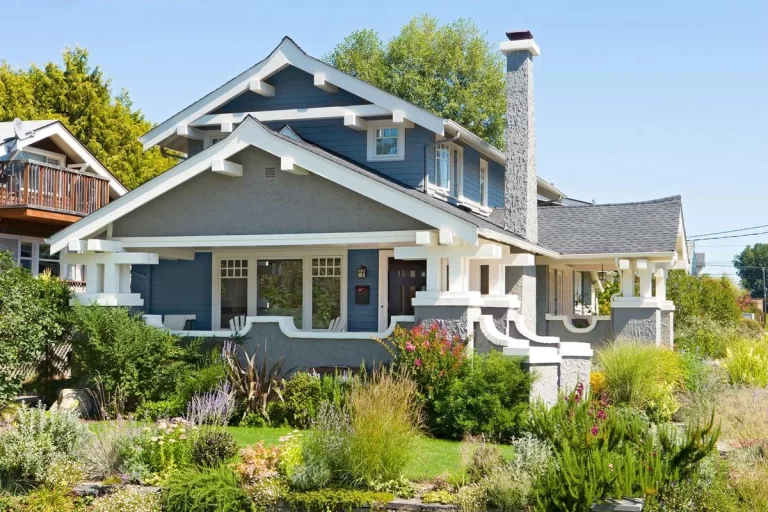Are Modern Houses More Energy Efficient?
Are modern houses more energy efficient? Discover how modern advancements in architecture, technology, and construction materials have led to significant improvements in energy efficiency, reducing environmental impact while saving homeowners money.
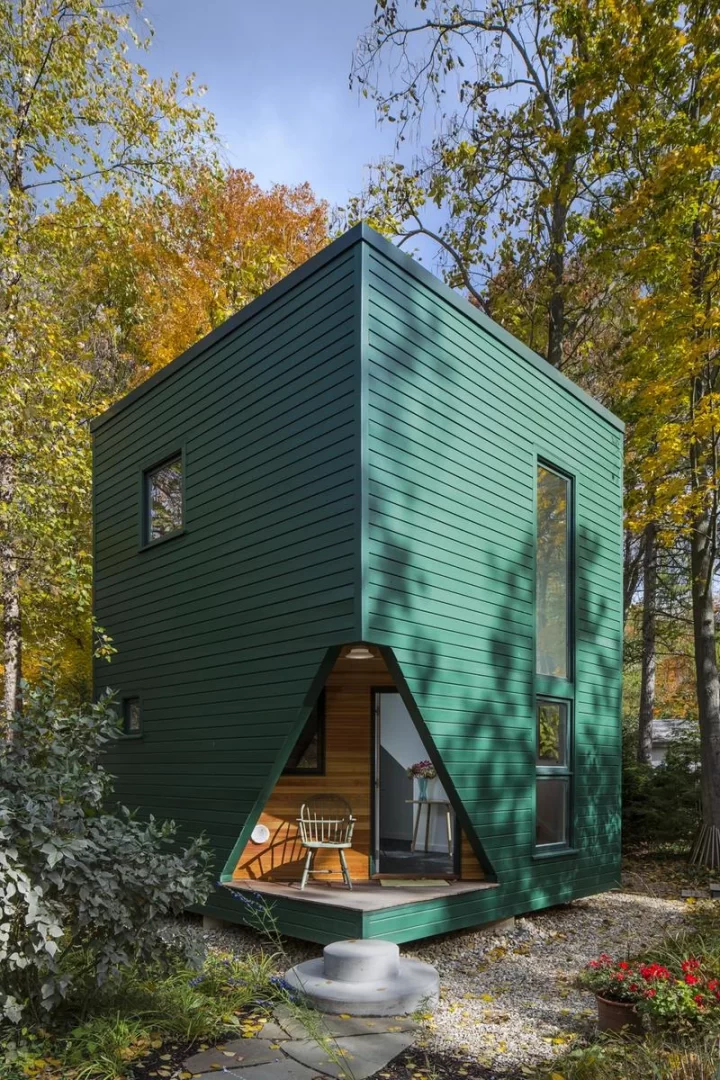
Are Modern Houses More Energy Efficient?
Modern houses are dwellings designed and built with a strong emphasis on energy efficiency.
They incorporate innovative technologies, green building materials, and advanced insulation techniques to ensure minimal energy waste.
The primary goal of these eco-friendly homes is to reduce greenhouse gas emissions and dependence on non-renewable energy sources.
Sustainable Materials and Construction Techniques
One of the key elements that distinguish modern houses from their traditional counterparts is the use of sustainable building materials.
These materials are often sourced from renewable resources and have a lower environmental impact compared to conventional options.
From recycled steel and reclaimed wood to energy-efficient windows and eco-friendly roofing, modern houses employ a variety of sustainable materials to maximize energy efficiency.
Additionally, construction techniques have evolved to minimize energy consumption during the building process.
Prefabrication, for example, reduces construction waste and energy use, resulting in a more eco-friendly and time-efficient building process.
1. Smart Home Technology
Modern houses embrace the concept of smart home technology, which optimizes energy usage through automation and intelligent control systems.
Smart thermostats, lighting, and appliances can be programmed to adjust settings based on occupancy, time of day, and weather conditions, ensuring that energy is not wasted when not needed.
These systems enable homeowners to monitor and regulate their energy consumption, leading to significant energy savings over time.
2. Energy-Efficient HVAC Systems
Heating, ventilation, and air conditioning (HVAC) systems play a crucial role in a house’s energy efficiency.
Modern houses are equipped with highly efficient HVAC systems that utilize advanced heat exchange technology and energy-saving components.
These systems maintain optimal indoor temperatures while consuming less energy, resulting in reduced heating and cooling costs for homeowners.
3. Insulation and Energy Conservation
Proper insulation is fundamental to the energy efficiency of modern houses. Improved insulation materials, such as spray foam and cellulose, prevent heat transfer and air leakage, leading to more stable indoor temperatures.
As a result, the need for heating or cooling is minimized, translating into significant energy savings.
4. Renewable Energy Integration
Modern houses often incorporate renewable energy sources into their design to further enhance energy efficiency.
Solar panels, for instance, can harness the sun’s energy and convert it into electricity to power the house’s electrical systems.
Excess energy can be stored or even sold back to the grid, making modern houses self-sufficient and environmentally friendly.
5. Sustainable Landscaping
In addition to the house itself, modern homeowners pay attention to the surrounding landscape’s sustainability.
Sustainable landscaping practices, such as drought-resistant plants, rainwater harvesting, and permeable surfaces, contribute to water conservation and reduce the environmental impact of a property.
6. Energy-Efficient Appliances and Lighting
Modern houses are equipped with energy-efficient appliances and LED lighting, which significantly reduce electricity consumption.
These appliances meet strict energy efficiency standards, minimizing wastage and contributing to long-term energy savings.
The Cost-Effectiveness of Modern Houses
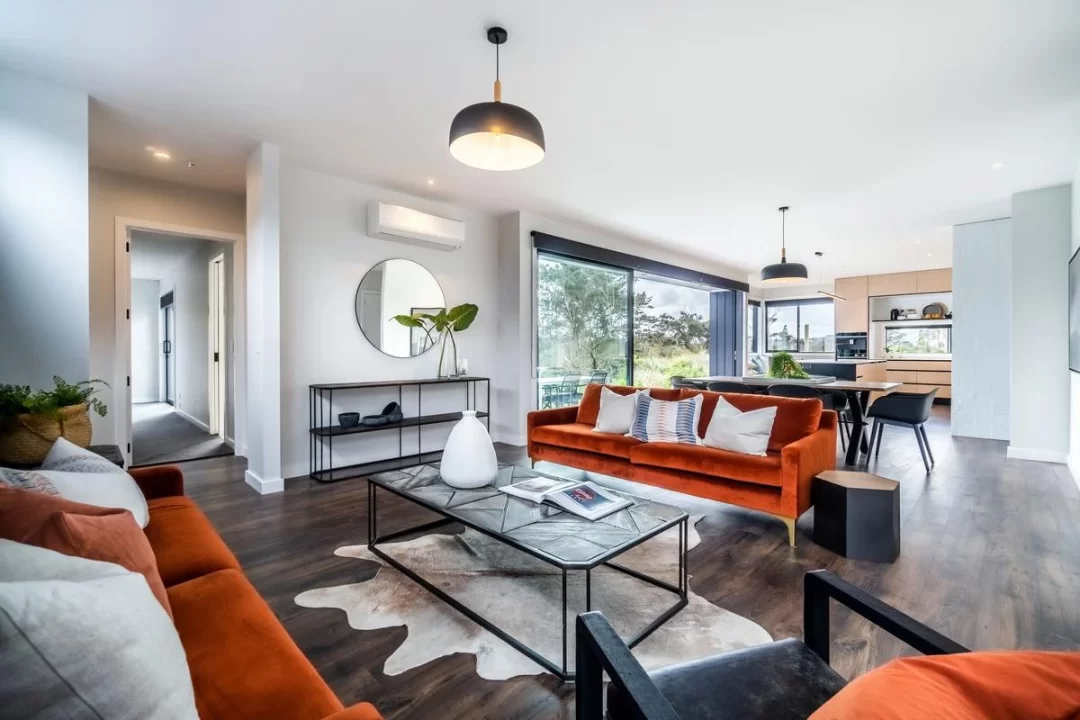
While some might assume that modern houses with all these eco-friendly features would come at a high cost, the reality is quite the opposite.
Over time, the energy savings and reduced maintenance expenses outweigh the initial investment.
Additionally, there are various government incentives and tax credits available to encourage the adoption of energy-efficient building practices.
Conclusion
In conclusion, modern houses have undoubtedly proven to be more energy-efficient compared to traditional homes.
Their incorporation of sustainable materials, smart home technology, energy-efficient HVAC systems, insulation, and renewable energy sources make them an ideal choice for environmentally conscious homeowners.
As we move towards a greener future, the concept of modern houses will continue to gain popularity and recognition for their positive impact on the environment and overall energy conservation efforts.
READ ALSO!!!

